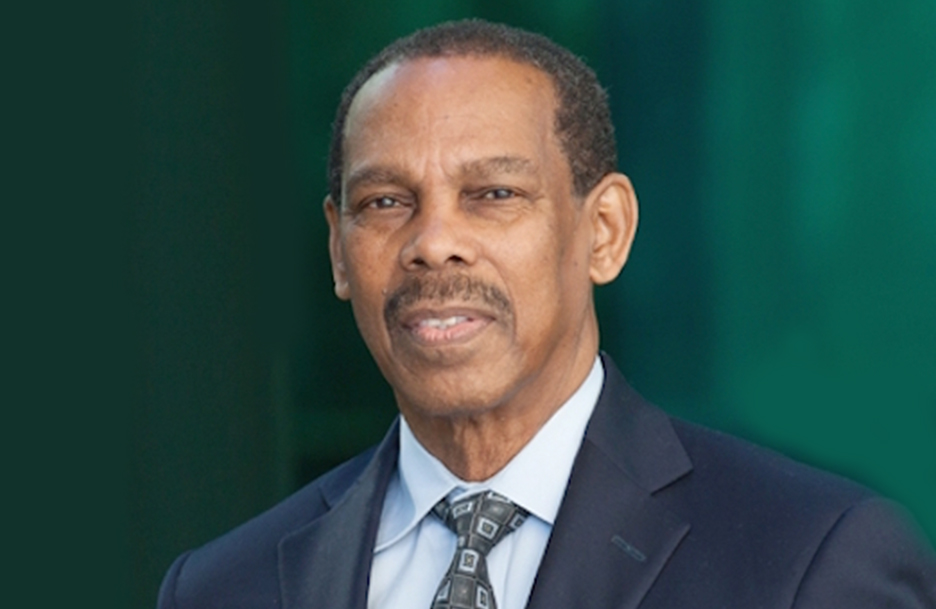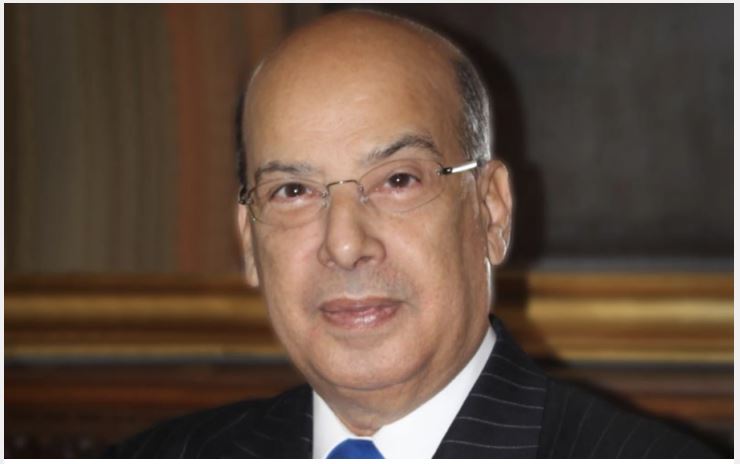By Dr. Edward Greene
The devastating trends of COVID 19 continue. Judging from the experiences in Italy, Spain, and in USA, especially in New York, California, Louisiana and the increasing impact on over 190 countries the world over, the war against this invisible enemy is deadly not delusional.
The new reality as expressed in a recent tracking report shows the expected exponential rate of spread, excessive demands on health systems and the stress on health practitioners suffering from lack of personal protective equipment (PPE), helmets and ventilators.
The projected number of deaths from COVID-19 in the USA is estimated to be approximately 93,500 by August. This is frightening. It is a reflection of the gravity of the situation likely to afflict other countries.
To stem the social and economic effects of this devastation, there are examples that there is need for policies and programmes to mitigate the effects on workers losing their jobs, renters and homeowners being evicted, bankruptcies of companies, avoided, and business and trade networks, preserved.
These are all prerequisites for mitigation to ensure that recovery will occur sooner and more smoothly. The enormity of the challenge is visible in many of the developed countries. Yet an IMF Report illustrates how the challenge is even greater for low-income and emerging economies that face capital flight and will require grants and financing from the global community . Antonio Gutérres, UN Secretary General advocates a Global Humanitarian Fund.
‘May your choices reflect your hopes, not your fears’: (Nelson Mandela)
Nelson Mandela’s aspirations are reflected in the sustainable solutions to cope with this situation gleaned from lessons learned. China, South Korea and Singapore that have flattened and bent the curve downward provide templates charting the difficulties they faced, the measures that proved most successful in mitigating the human and business impacts of the virus, and how their operational emphasis shifted throughout the stages of the epidemic based on “hopes” rather than “fears”.
- Extraordinary containment measures limiting the movement of millions, coupled with rapid medical responses, appear to have proved effective in preventing new infections. There is however awareness that social distancing is a privilege that many in poorer countries and communities within countries don’t have.
- Acting fast to provide protective gear and sanitizer, additional insurance, and other health-related benefits emerged as the most effective strategic response, as this is crucial for prevention, increasing safety and maintaining morale.
- Digital communication with employees, and general citizens both of safety measures and operational changes, and messages of support generally and to customers, became vital in keeping strategic responses on track. Compare this with many countries where these methods are assumed to be an invasion of human rights. And in others, where internet penetration is either hampered by inadequate bandwidth or access limited or non-existent, exacerbating the gap between the ‘information rich’ and the ‘information poor’. Regulators and policymakers must make changing this, a priority.
- Completely resetting thinking, concentrating on protecting the safety of partners, families and customers. It is important to make sure that citizens feel supported by governments they trust, and workers feel supported by management. A combination of managerial courage, teamwork, and strong resilience is required.
SDGs: Reducing Inequalities and Increasing Inclusiveness
The 2030 Sustainable Development Goals (SDGs) provide a useful set of markers linking health and economic factors. Implicit in these lessons are the inequalities that are being compounded. Unlike other economic downturns, the fall of output in this crisis is not driven by demand. It is an unavoidable consequence of measures to limit the spread of the disease. The role of economic policy is hence not to stimulate aggregate demand, at least not right away. The main objectives according to the IMF include:
- Guaranteeing the functioning of essential sectors by boasting testing and treatment, strengthening health systems, securing food production and distribution, and maintaining essential infrastructure, and utilities.
- Providing enough resources for people hit by the crisis specifically expanding unemployment benefits and extending cash transfers are needed to reach the self-employed and those without jobs.
- Preventing excessive economic disruption through programs of loans and guarantees (with the risks ultimately borne by taxpayers).
SDGs: Shared Responsibility and Global Solidarity
While we were in the midst of this blog, The UN Secretary General issued a UN report, Shared Responsibility, Global Solidarity: Responding to the Socio-Economic Impacts of COVID-19. It has led to an appropriate diversion in its amplification of his previous call for a global humanitarian response. Its message is made more forceful by empirically demonstrating the impact of COVID on the 17 sustainable development goals.
Among the examples of increased inequalities are:
- Loss of income leading vulnerable segments of the society and families to fall below the poverty line.
- Disruption of food products and distribution could be disrupted.
- Devastating effects on health outcomes.
- Remote learning for schools, less accessible for some.
- Increased violence against women.
- Populations in the slums facing higher risks of exposure due to population density.
- Reduced commitment to climate action but less environmental footprints due to less production and transportation.
- Aggravate the backlash against globalization but highlighting the importance of international cooperation on public health conditions.
Dare and care
This important refrain emerged out of the lessons from China. South Korea and Singapore.
Dare to take quick decisions by a crisis management team properly informed, trusted and empowered to preserve social cohesion, business continuity, and enforcement of sanctions.
Care, demonstrated by the management team, always putting people first in terms of health and financial security with emphasis on those first responders on the frontline of testing and treatment, the back office to guarantee service continuity and the marginalized to reduce inequalities. A statement in the UN report aptly captures the present reality.
“COVID-19 is menacing the whole of humanity and all humanity must fight back . An effective response needs to be multidimensional, coordinated, swift and decisive. It needs to be a result of strong political leadership and buy-in of the population. It needs to foster public trust; be focused on human values; and supported by solid institutions, technical skills and financial resources. Everyone needs to play their part. No individual country can do it alone”



